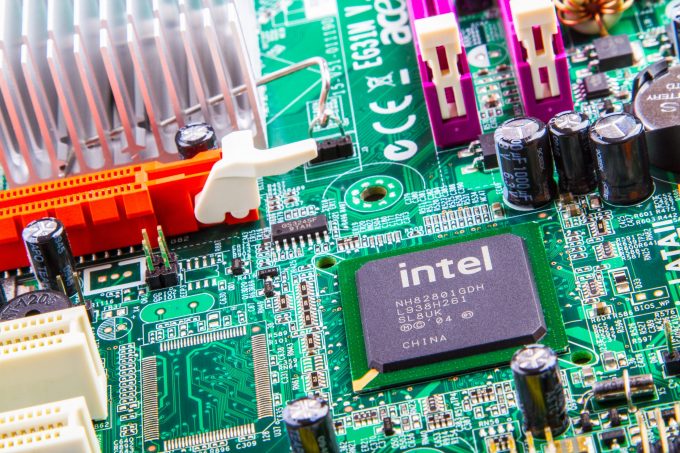Rising costs and lack of drivers means it's still a bumpy road for hauliers
The road haulage sector is still facing rising operational costs, and transport companies have “little choice” ...

The airfreight market could see a temporary shift, owing to changes in semi-conductor production, following yesterday’s 7.2 magnitude earthquake in Taiwan.
The earthquake, Taiwan’s largest in 25 years, caused at least nine fatalities and injured an estimated 900 people, and hit the world’s largest production centre for semiconductors.
It has already affected airfreight rates, according to supply chain experts.
The island produces the lion’s share of the world’s semiconductors, some 60-90%, depending on type, and is home to Taiwan Semiconductor Manufacturing Company (TSMC), which produces chips for Apple and Nvidia.
While TSMC had bolstered production facilities to prepare for seismic events, the company said it had to halt some machinery and evacuate staff.
Transport Intelligence CEO John Manners-Bell told The Loadstar: “Depending on the length of time production is paused, there could be significant disruption to customers using high-end chips, the sort used in AI applications, for instance. Chips used in the automotive sector tend to use older technology and are produced more widely.”
Christopher Braun, head of airfreight for Europe at Forto, told The Loadstar some 65% of airfreight volume from Taiwan could be attributed to semiconductors alone. And, according to The Economist, semiconductor manufacturing represents 15% of Taiwan’s GDP.
Already this year, Taiwan Taoyuan International Airport has handled 706,260 tonnes of cargo exports – which, working on the 65% assumption, means roughly 459,274 tonnes of semiconductor exports.
According to World Population Review, Taiwan produces the large majority of semiconductors, followed by South Korea, Japan, China and the US.
Surprisingly, Mr Braun said, Vietnam could be a beneficiary of Taiwan’s production troubles.
He said: “The Taiwan earthquake has been impacting the air freight volumes and rates since yesterday, especially for volumes from Hanoi. Usually, up to 60% of the 1,000 monthly tonnes shipped from Hanoi are semiconductors. This volume will increase when companies start switching their orders from TSMC in Taiwan to Intel in Vietnam.
“We can already see this change in the rates – we paid $4.50 per kg on Monday, we are now paying $5.65 to ship to Europe. We are talking here about a 30% increase,” Mr Braun told The Loadstar.
However, while airfreight volumes from will be affected in the next two weeks, “the impact will not be massive, nor will it last for long”, he said.
Mr Braun noted that the staff at TSMC were already back at work, but the re-calibration of the machines could take up to a week.
Comment on this article
Pichuiyer Balasubramanian
April 04, 2024 at 2:22 pmThe whole world is realising how unintelligent is the decision to leave production to a few countries, factories or regions. The whole world slows down if ‘that’ country, region or factory gets into production problems – ranging from natural to man made issues.